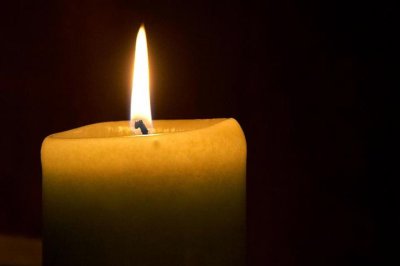Topic: Virginia Woolf
Adeline Virginia Woolf (pronounced /ˈwʊlf/; 25 January 1882 – 28 March 1941) was an English author, essayist, publisher, and writer of short stories, regarded as one of the foremost modernist literary figures of the twentieth century.
During the interwar period, Woolf was a significant figure in London literary society and a member of the Bloomsbury Group. Her most famous works include the novels Mrs Dalloway (1925), To the Lighthouse (1927) and Orlando (1928), and the book-length essay A Room of One's Own (1929), with its famous dictum, "A woman must have money and a room of her own if she is to write fiction."
Virginia Woolf was born Adeline Virginia Stephen in London in 1882. Her mother, a renowned beauty, Julia Prinsep Stephen (born Jackson) (1846–1895), was born in India to Dr. John and Maria Pattle Jackson and later moved to England with her mother, where she served as a model for Pre-Raphaelite painters such as Edward Burne-Jones. Her father, Sir Leslie Stephen, was a notable historian, author, critic and mountaineer. He was the editor of the Dictionary of National Biography, a work which would influence Woolf's later experimental biographies. The young Virginia was educated by her parents in their literate and well-connected household at 22 Hyde Park Gate, Kensington. Her parents had each been married previously and been widowed, and, consequently, the household contained the children of three marriages. Julia had three children from her first husband, Herbert Duckworth: George Duckworth, Stella Duckworth, and Gerald Duckworth. Her father Leslie Stephen was married to Harriet Marian (Minny) Thackeray (1840–1875), and they had one daughter: Laura Makepeace Stephen, who was declared mentally disabled and lived with the family until she was institutionalised in 1891. Leslie and Julia had four children together: Vanessa Stephen (1879), Thoby Stephen (1880), Virginia (1882), and Adrian Stephen (1883).
It uses material from the Wikipedia article "Virginia Woolf."














